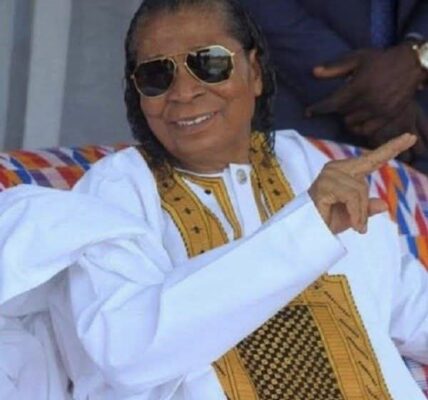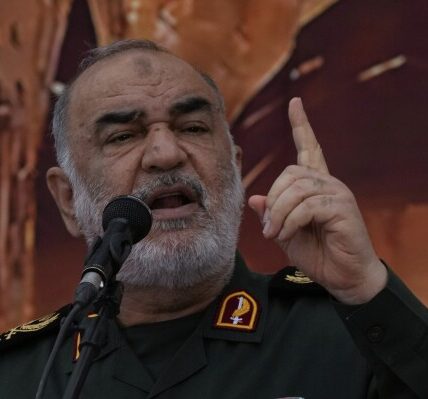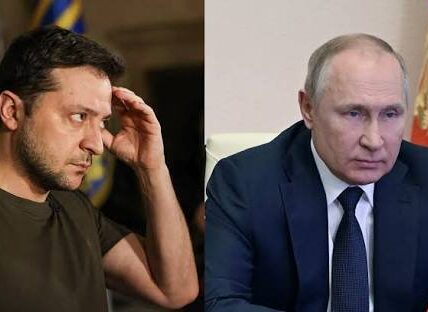Government Outlaws Homosexuality, Imposes Fine
Burkina Faso has passed a law making homosexual acts illegal, a move that reflects growing restrictions on LGBT rights across West Africa.
As reported by BBC on Tuesday, the transitional, unelected parliament approved the legislation on Monday, building on a draft family code adopted by the cabinet last year.
Justice Minister Edasso Rodrigue Bayala explained the consequences on state media, “The law provides for a prison sentence of between two and five years as well as fines.”
He added that foreign nationals caught violating the law would face deportation.
The legislation now awaits the signature of the country’s military leader, Capt Ibrahim Traoré, who has led Burkina Faso since seizing power in 2022 by removing Lt Col Paul-Henri Damiba. Capt Traoré’s approval is the final step before the law takes effect.
Before this change, Burkina Faso was one of the few African countries allowing same-sex relationships.
Unlike many former British colonies, it did not inherit anti-homosexuality laws at independence from France in 1960. Still, the nation is socially conservative and religious, with fewer than 10% of the population identifying as non-religious.
The move mirrors trends in neighbouring countries. Mali, also under military rule and an ally of Burkina Faso, criminalised homosexuality last year.
Nigeria enforces strict bans, while Ghana passed an anti-homosexuality bill that was never signed into law.
Uganda has implemented the harshest measures, making “aggravated homosexuality” a capital offence and imposing life sentences for consensual same-sex acts.
International groups have criticised such legislation. The World Bank, for example, temporarily suspended loans to Uganda over its anti-LGBT policies, though the restriction has since been lifted.
Burkina Faso’s new law signals an intensifying crackdown on LGBT communities in the region, highlighting the growing influence of social conservatism and military-backed governance in West Africa.






